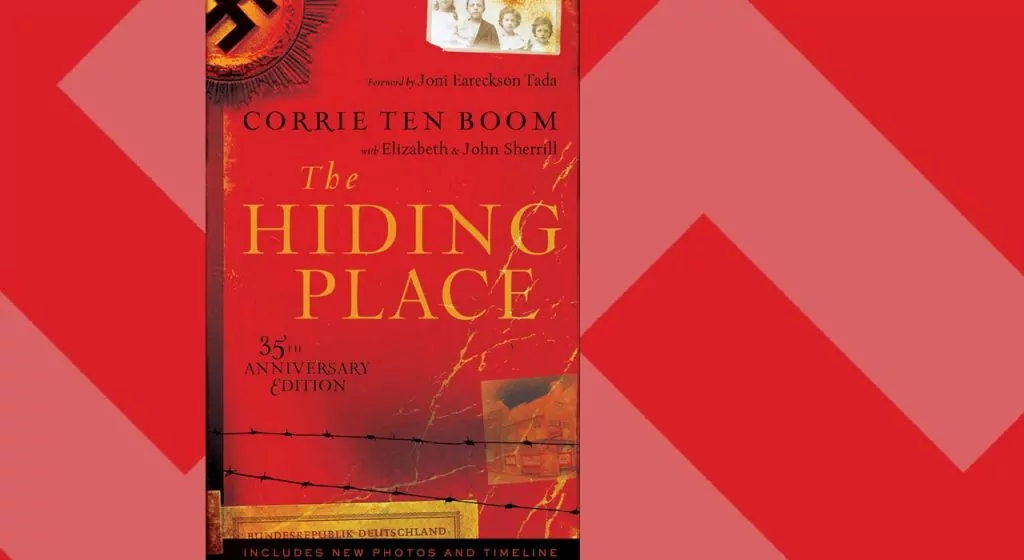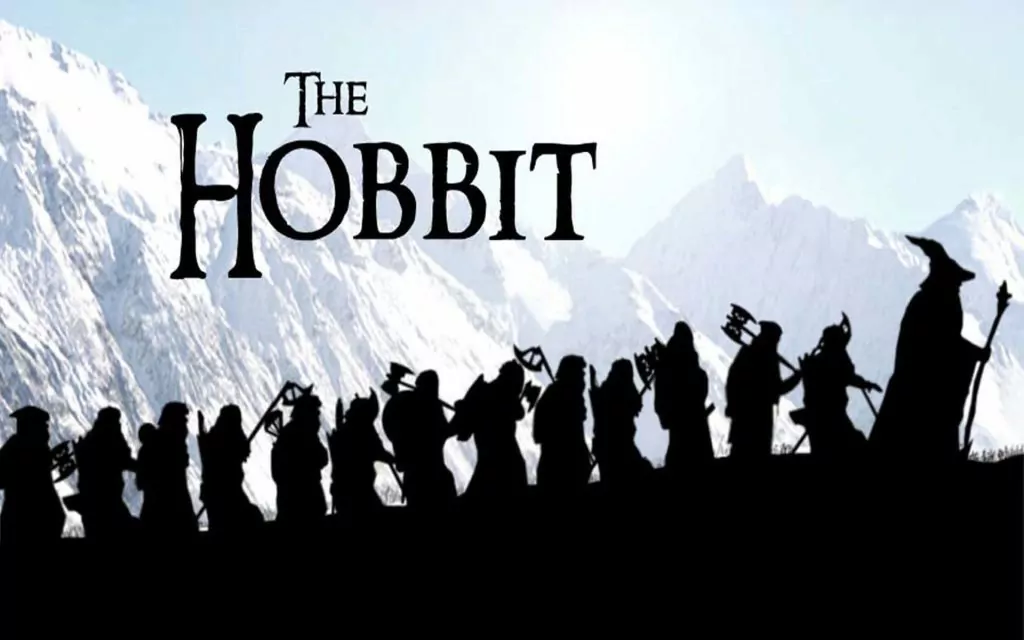Drama / Stage play
2023 / 153 minutes
Rating: 8/10
In the parking lot, I could already tell who had tickets to The Hiding Place. It’s rare to see a set of parents heading into a theater together with their three teens. Then there were the older couples and groups of three and fours, who might have been born during World War II or soon after.
I went with my 11-year-old, and with some misgivings. She’d read the book, but it’s one thing to read about something grim and another to bring in sights, sounds, and music. We agreed that if I told her to turn away at any point, she’d be quick to cover her eyes.
We got a giant soda to share, both of us promising to sip slowly because it was, after all, a two-and-a-half-hour film. We made it in time for the previews, and swapped Christian fantasy recommendations with the two moms who sat next to us. The theater was almost full.
The Hiding Place is the title of Corrie Ten Boom’s autobiography and became the name of a 1975 film adaptation. I went in wondering, did we really need a second film version, but quickly discovered that this is a tale worth retelling again and again.
Both films tell the story of the Ten Booms – sisters Betsie and Corrie, brother Willem, and father Casper – during the German occupation of the Netherlands in World War II. Both films show the family living out their love for the LORD in their readiness to hide Jews from the Nazis, no matter the risk. And both films share what the Ten Booms had to endure when they were found out and all of them were sent off to concentration camps.
The movies differ, though, in focus. The 1975 film stars Corrie as the hero of the story. God gets the glory, but second to Him is Corrie. In the 2023 version, it’s her sister and father who most shine, while Corrie acts as a sometimes grudging accomplice. Another difference is the Nazi interrogator who tries to use the Bible against Corrie. He references Romans 13, challenging her to submit to the “governing authorities” by telling him the truth. He also quotes John 8:32 at her, assuring Corrie that the “truth will set you free.” But Corrie stands by the greater commandment to love her neighbor as herself (Matt. 22:35-40), so she maintains her insistence that “We stole nothing and we hid no Jews.”
You can’t watch a story like this without asking, Would I do the same? If we focussed only on Betsie and Casper, I think some might be tempted to say, “I could never be that saintly,” though that would be to miss the point of the film. Betsie too, struggled with being saintly. She can’t forgive… but she knows Someone who does forgive, and Who is willing to help her try again and again.
Still, that Corrie is not as quick to forgive, not as willing to love her enemies, not as ready to lose it all for her Lord, makes her the more relatable. She is brave, and far braver than most, but she is also scared, and angry, and questioning where God is, in the midst of all this. I need to rewatch the 1975 film, but I think the more recent one does a better job of showing how hard forgiveness can be.
This is actually a stage production put to film, so everything takes place in front of a live audience. While that stage setting makes it slightly less realistic, the quick cuts, close-ups, fantastic writing, and Oscar-worthy performances will have you forgetting that this is in a theater rather than shot on location.
Cautions
One situation did prompt me to get my daughter to look away. In the concentration camp, we briefly see a political prisoner lashed to a steel cross of sorts. It is a torture device where, we are told, prisoners get whipped. We don’t see any actual violence, and the prisoner is shown on the far left of the screen, but he quivers as if in agony, and I didn’t want my daughter to see the lingering shots of his pained face.
While the film’s underlying message is spot on – that God can be trusted in our troubles – some theological cautions could be offered. One example: when Corrie is a little girl, her father tells her that it is by loving that we are made lovely. But isn’t it true, rather, that we are lovely because God loved us?
There were a couple of instances where God’s Name was interjected that, were this any other film, I would have thought were clearly abuse. But in a film in which God’s Name is always on the lips of all the main characters, then when someone says, to the effect of “God only knows…” might they actually mean what they are saying? Watching this in the theater, I wasn’t able to rewind it, so I am left wondering. I will say this film is clearly intended to honor God – the whole film is about praising Him.
Conclusion
My daughter and I both loved it, and it seemed our fellow moviegoers shared that impression. That this is a stage production will be off-putting for some, but I think most will find it intriguing and unique. I’ve never seen a theater show better produced for film.
The Hiding Place will only be in theaters one more day, August 5 (unless it gets an encore) so get your tickets now, or be forced to wait until it eventually becomes available for streaming.
You can check out the trailer below, but if, like me, it had you wondering if this is a musical, let me tell you, no, it is not. I’ll also add that the film is way better than this trailer makes it out to be.













